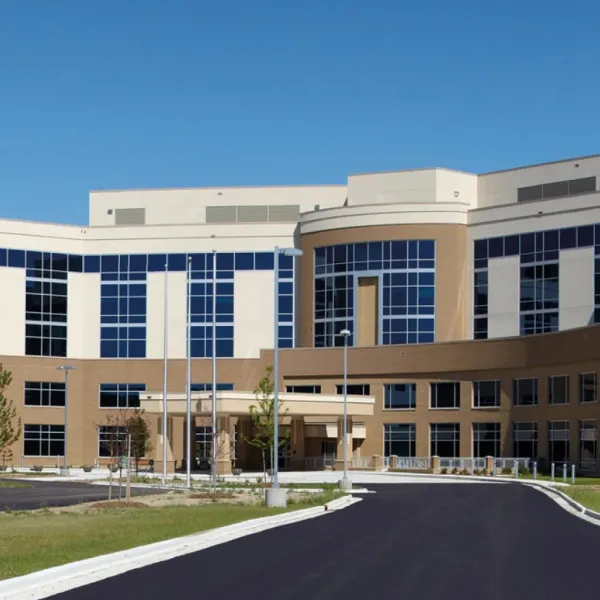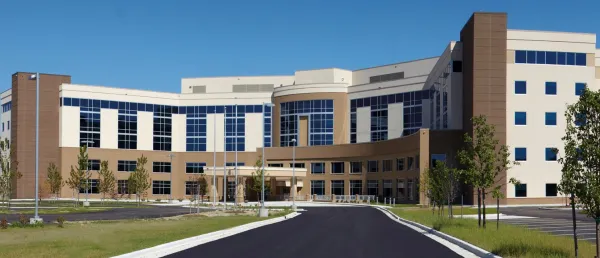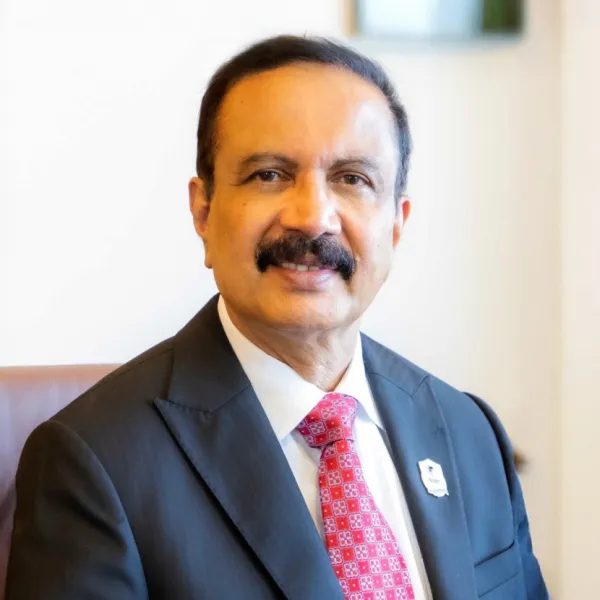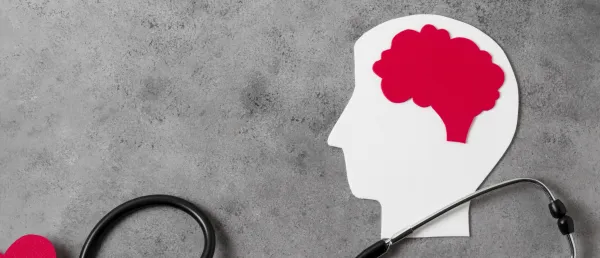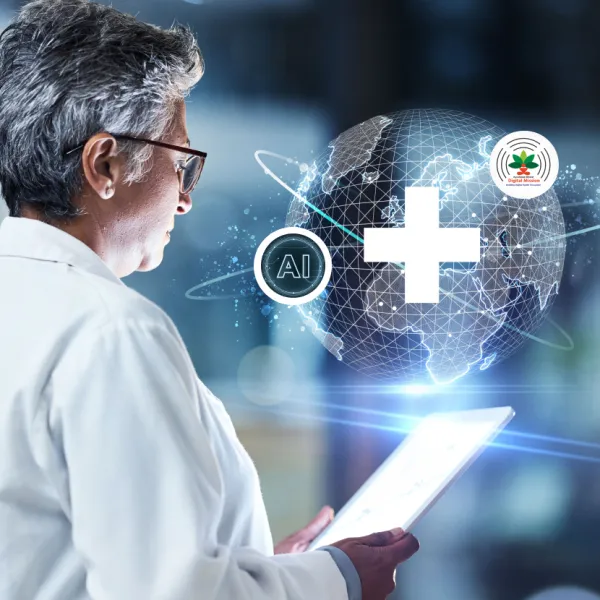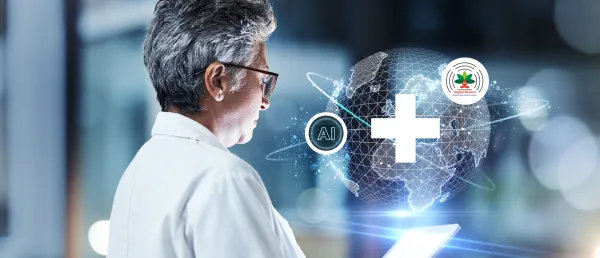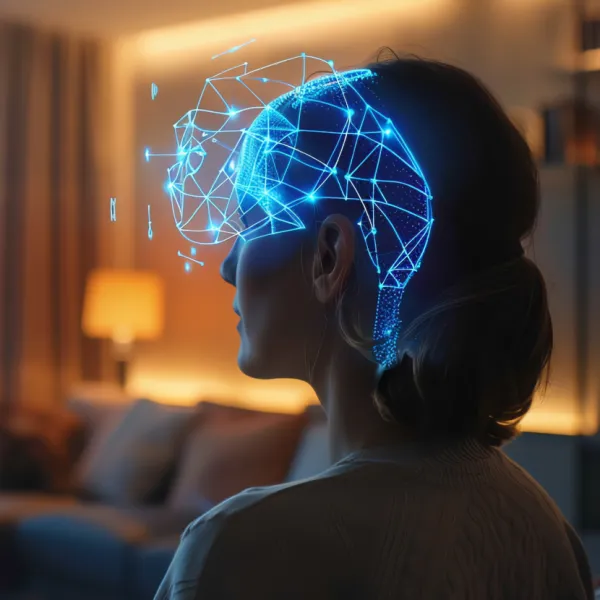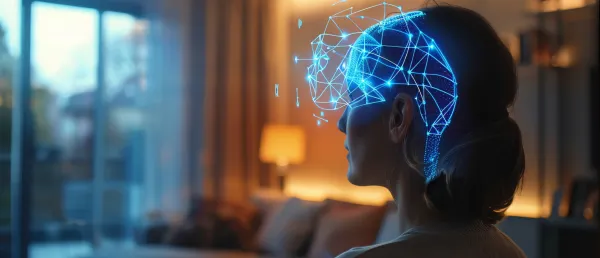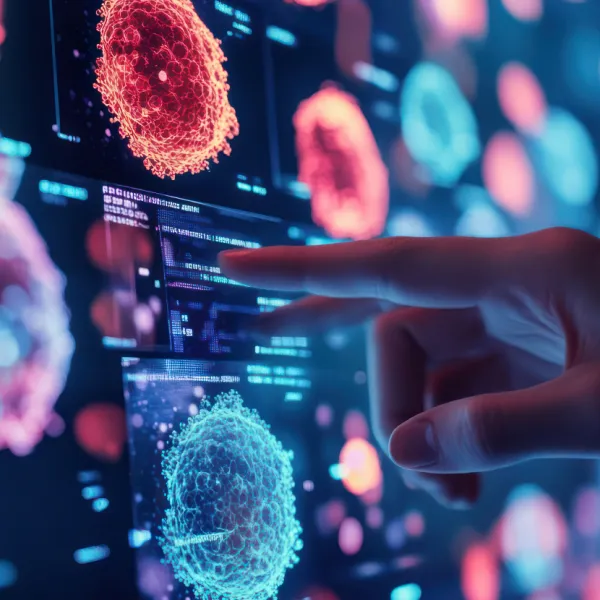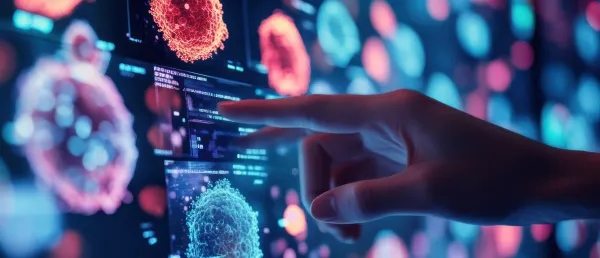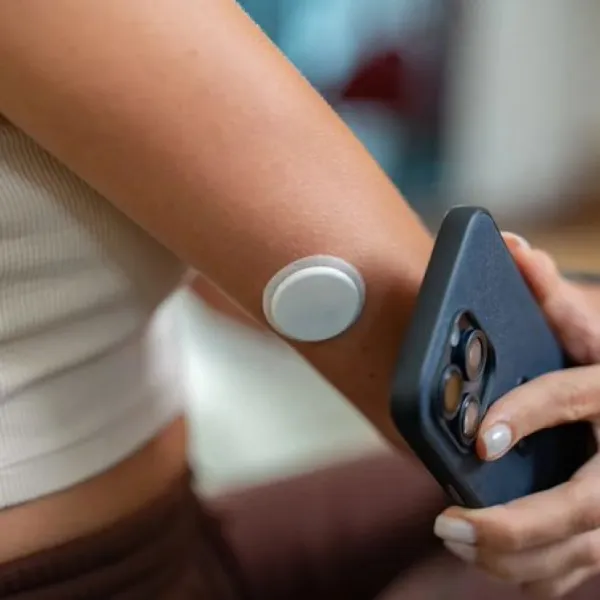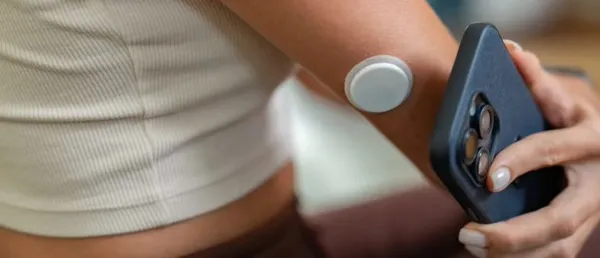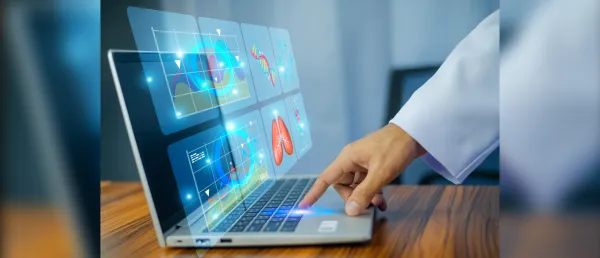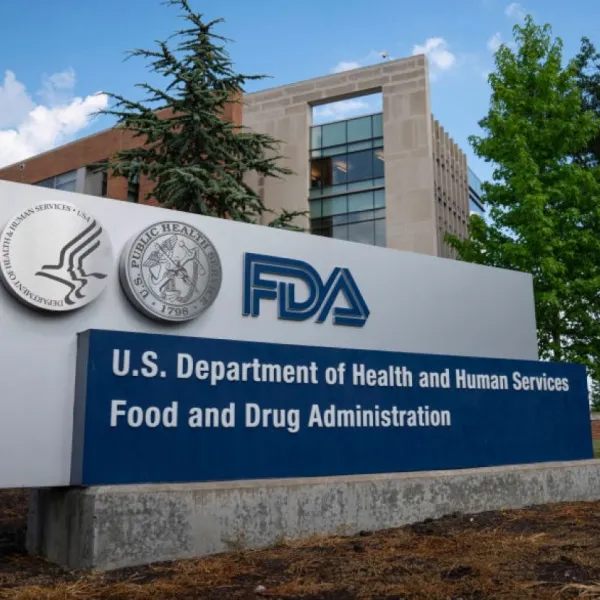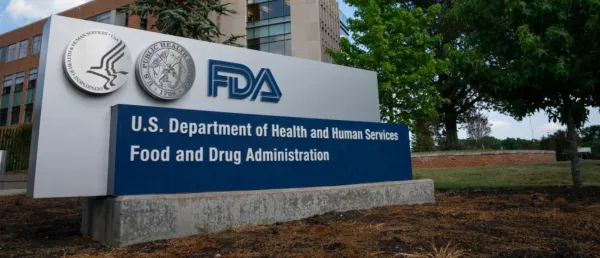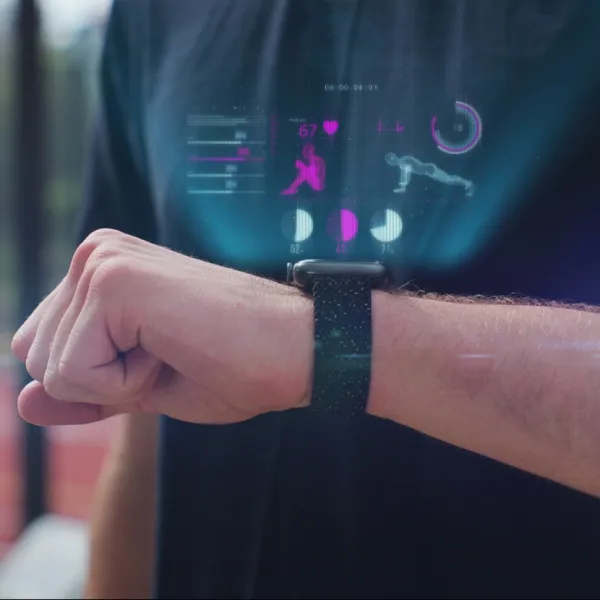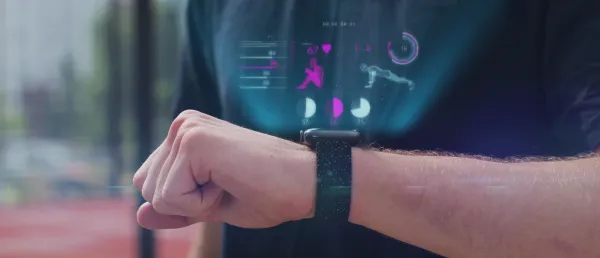AIIMS to Launch OPD for Patient Education on Medical Decision-Making

The proposed OPD aims to counsel registered patients about AMD, a legal document that allows individuals to outline their medical treatment preferences if they lose the ability to make decisions.
AIIMS-Delhi plans to introduce a weekly outpatient department (OPD) to educate patients on how they want to be medically treated or not treated if they lose their decision-making ability due to accidents or terminal illnesses.
This initiative, led by Dr B R Ambedkar Institute Rotary Cancer Hospital, came after the Union Health Ministry released the draft "Guidelines for Withdrawal of Life Support in Terminally Ill Patients."
The proposed OPD aims to counsel registered patients about Advance Medical Directives (AMD), a legal document that allows individuals to outline their medical treatment preferences if they lose the ability to make decisions.
Focus on Advance Medical Directives
Dr Sushma Bhatnagar, Chief of the Dr B R Ambedkar Institute Rotary Cancer Hospital, explained the purpose of the new OPD, saying, “The weekly OPD will provide patients the opportunity to learn about Advance Medical Directives (AMD) and get assistance in preparing this legal document.”
AMD allows a person to specify how they would prefer to be treated medically if they lose decision-making capacity due to an illness or accident. This document, created while the person is still of sound mind, helps ensure their wishes are respected.
"Terminally ill patients, or those who have suffered irreversible accidents, are often kept on life support unnecessarily. AMDs allow individuals to decide their treatment course in advance, preventing unnecessary interventions,” Dr Bhatnagar added.
Focus on Ethical Medical Care
Dr Bhatnagar further clarified that the intent behind this initiative is not to hasten death but to prioritize appropriate care.
"The fundamental principle of palliative care is to ease suffering without unnecessarily prolonging it through life support. The goal is to manage symptoms effectively rather than isolate patients from their families by placing them in ICUs," she said.
She also highlighted the importance of "death literacy" alongside health literacy. "While much emphasis is placed on understanding medical conditions and treatments, the concept of death literacy—helping people understand how to prepare for end-of-life care—is equally vital,” she said.
Promoting AMDs, according to Dr Bhatnagar, is not driven by resource constraints but by ensuring that medical treatment is aligned with patient wishes.
SC's Role in Legalising AMDs
Advance Medical Directives gained legal validity in India following a landmark 2018 Supreme Court judgment. The Court established that AMDs are legally binding and provided guidelines on their implementation.
According to Dr Bhatnagar, the number of people opting to create AMDs has been noticeable increasing since the ruling.
Dhvani Mehta, a legal expert, elaborated on the legal framework surrounding AMDs. “The Supreme Court’s 2018 ruling made AMDs legally valid and shifted the process from judicial magistrates to notaries or gazetted officers, making it easier for individuals to prepare the document.”
"The principle of medical ethics prioritizes patient autonomy. AMDs help preserve this autonomy by ensuring that individuals’ preferences regarding life support are honored even when they lose decision-making capacity due to conditions like dementia, stroke, or accidents,” Mehta added.
Draft Guidelines for Life Support Withdrawal
The Union Health Ministry's draft "Guidelines for Withdrawal of Life Support in Terminally Ill Patients" further stresses the importance of AMDs.
According to the draft, life-sustaining treatments (LST) should not be initiated in terminally ill patients if they are unlikely to benefit them and would only result in prolonged suffering.
The guidelines also highlight the ethical responsibility of medical professionals. “Doctors should carefully consider when to avoid starting life support in terminal cases where it will only lead to more suffering and loss of dignity,” the document states.
It further outlines how life-sustaining treatments can often cause unnecessary emotional and economic stress for both families and caregivers.
Stay tuned for more such updates on Digital Health News.
Stay tuned for more such updates on Digital Health News







